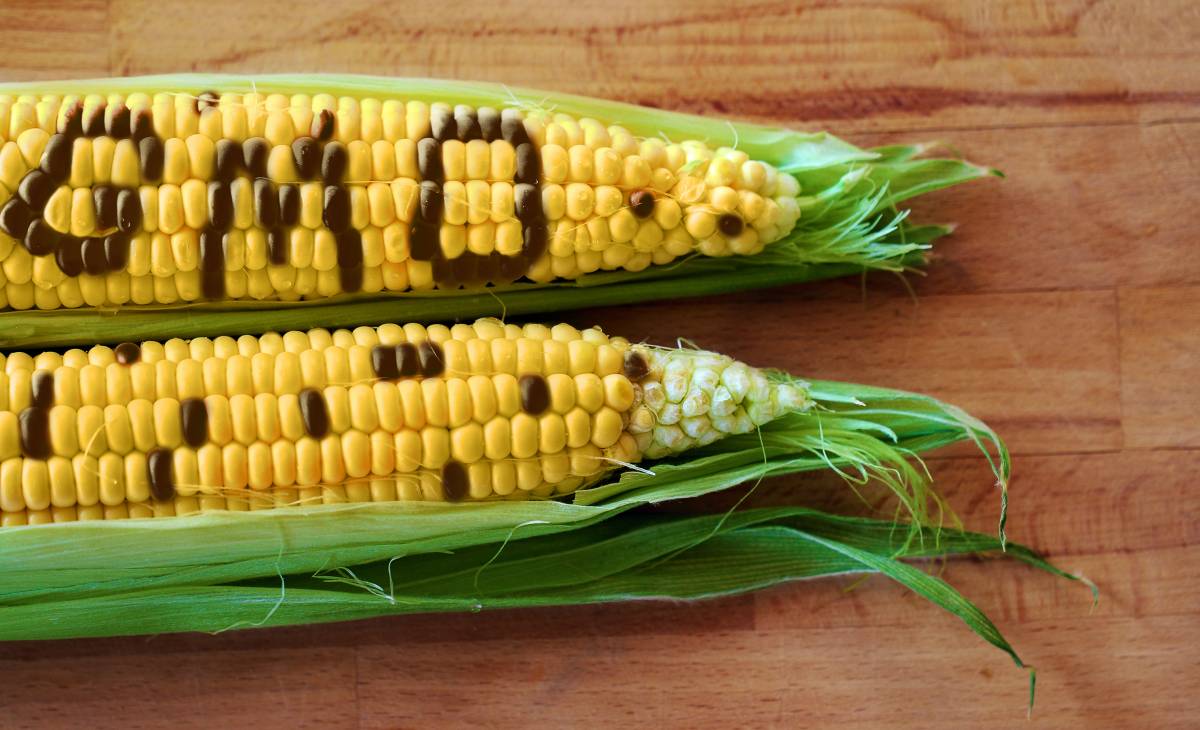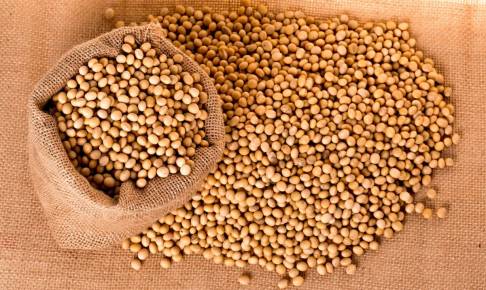Ten approvals for the import of genetically engineered crops in the EU
During the summer, ten approvals for the import of genetically engineered plants was issued by the European Commission. These include seven new GE plant varieties and three renewals for maize, canola, cotton and soybeans. The European Commission conducted the analysis in response to Monsanto, Dow Agrosciences and Sygenta’s demonstration regarding the ability of these GE plants to produce insecticidal toxins and resist herbicides such as glyphosate. From now on, these plants may be harvested for import and use in food and feed.
Until now, the EU has systematically avoided evaluating these products by only superficially evaluating imported GMO foods without laying a solid foundation for food safety. The only exporting state that analyzes them is the United States.
Due to the possibility of chronic inflammatory processes developing as a result of GMO ingestion, the European Commission wanted to treat and analyze these products in such a way that they could be regulated for the first time.
All of the foods mentioned above have undergone a complete and rigorous authorization procedure, including a favorable scientific evaluation by EFSA. This authorization laid the first foundations for the EU to move forward with concrete food safety measures.
The future objective of the EU is to align with the standards of the United States and Canada which for example use analyzes such as CRISP / Cas to evaluate GMO foods.
The marketing authorization for these GMO foods will be valid for 10 years, reaffirming that product derived from various crops will continue to be subject to strict EU regulations.
Source:
https://ec.europa.eu/commission/presscorner/detail/en/mex_21_4262






















